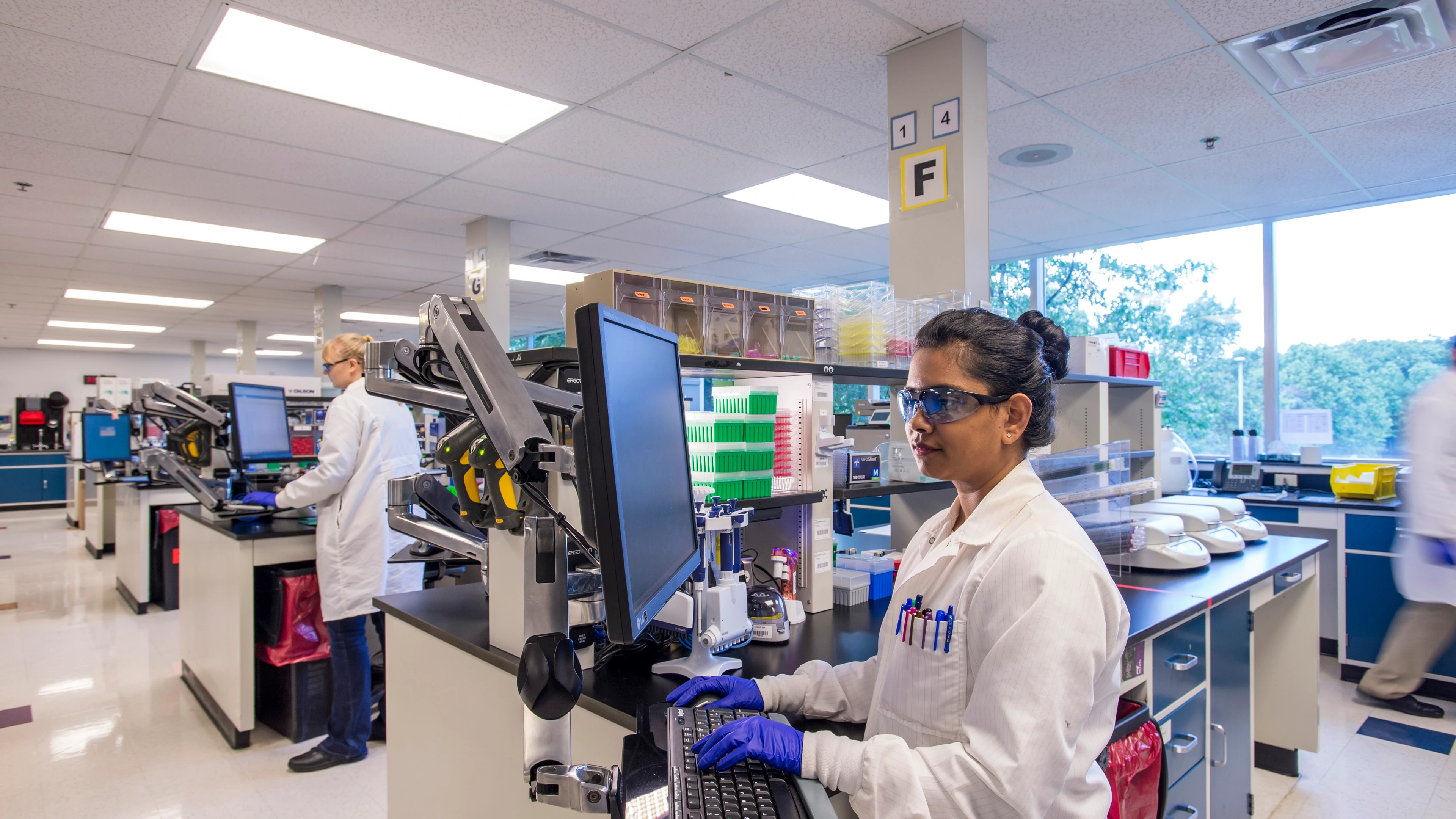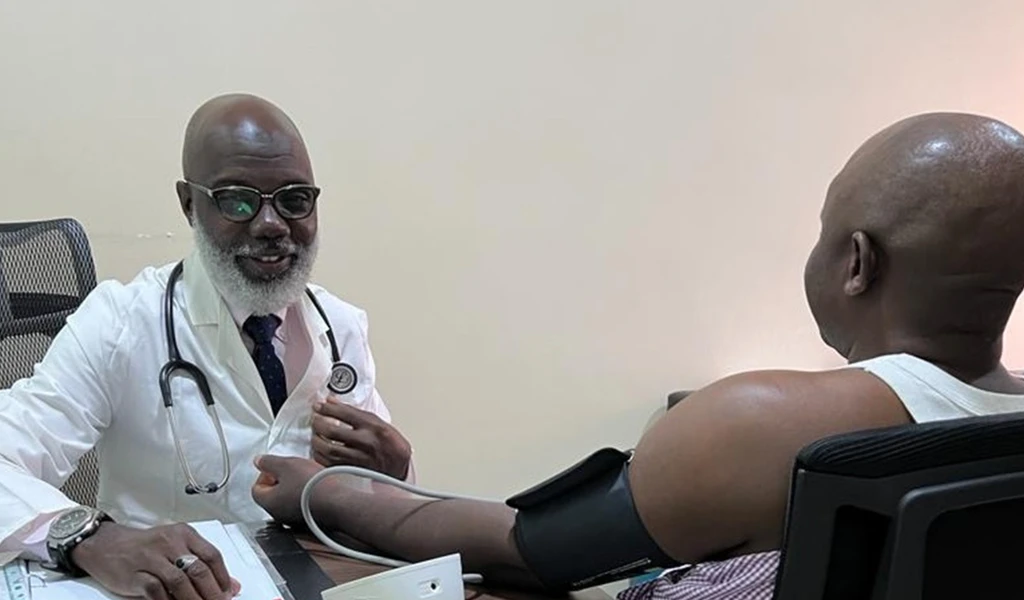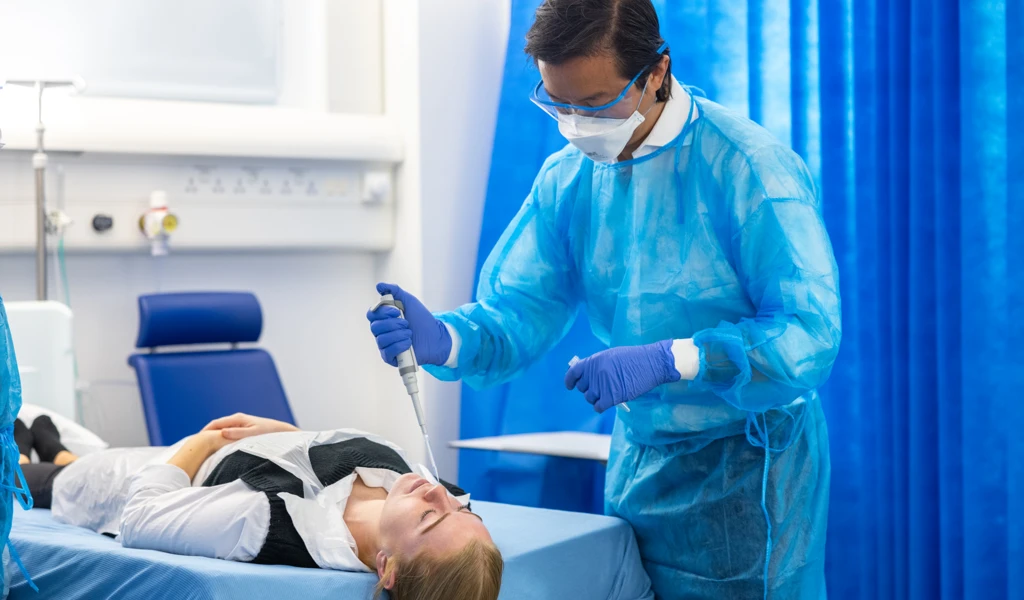Charles River Laboratories joins CEPI's global vaccine assessment network

The global pharmaceutical company becomes the latest member of CEPI's Centralised Laboratory Network created to standardise and speed up the development of epidemic and pandemic vaccines.
07 December 2023, OSLO, Norway and WILMINGTON, MA - Charles River Laboratories, a highly respected, global provider of drug discovery and non-clinical development solutions, has been selected to join the Coalition for Epidemic Preparedness Innovations' (CEPI's) Centralised Laboratory Network. The network is the largest global group dedicated to standardising the assessment of vaccines being developed against some of the world's most deadly outbreak diseases. Harmonising readouts on vaccine performance can expedite the development and regulatory approval of vaccines to enable faster responses to future emerging threats, supporting the 100 Days Mission.
Charles River is the seventeenth member to join the network. Vaccine developers will be able to use its laboratories at its Headquarters in the US—and potentially worldwide—for in vitro standardised assessment of their epidemic and pandemic vaccine candidates undergoing non-clinical and clinical testing.
In addition to providing harmonised data readouts, Charles River will also develop tools, known as assays, to support vaccine testing. Charles River will share its assays with other laboratory members to standardise evaluation across the network.
Typically, vaccine candidates are assessed in individual testing laboratories with different tools and measurements, elevating the risk of producing non-uniform data readouts when multiple vaccine candidates are being tested against a virus.
Our Centralised Laboratory Network, which I am delighted to announce now includes Charles River, aims to minimise inter-laboratory variability through using the same standardised tools and protocols, as though multiple vaccine candidates are being ‘tested under one roof'. Such harmonised operation enables us to more rapidly identify successful vaccine candidates as quickly as possible and reduce the suffering caused by emerging disease outbreaks.
The network focuses on the assessment of vaccine samples against CEPI's priority list of pathogens identified as a public health concern or on the WHO R&D Blueprint, including Lassa, Nipah, MERS, Ebola, Chikungunya, Rift Valley fever, COVID-19 and other Betacoronaviruses. Network members will also support testing of other viral threats with epidemic or pandemic potential, like Mpox and Marburg.
Members of the network will also be on standby to help fast-track the assessment of vaccine samples against a Disease X—a novel or as-of-yet unidentified pathogen—through developing standardised tools, supporting technology transfer of these tools to other laboratories in the network, and testing samples from clinical trials of potential vaccine candidates against such pathogens.
Providing additional vaccine testing in the region will help reduce clinical assessment times, therefore supporting the goal, spearheaded by CEPI and embraced by the G7 and G20, to develop vaccines within 100 days of identification of a viral threat. More local testing will also bring down financial and environmental costs typically associated with shipping vaccine samples vast distances, while enhancing sustainable outbreak preparedness infrastructure in the region.
We are incredibly proud to join CEPI's prestigious vaccine development network. With a global network of facilities and employees, we recognize the critical importance of speed and agility when it comes to treating viral threats with epidemic or pandemic potential. We are excited to partner with CEPI members to lend our expertise.
Charles River was selected to join the network based on their capacity, experience, and scientific expertise to perform such vaccine assessment studies, the ability to work internationally to harmonise protocols and data, and their record of receiving and handling samples from multiple geographical locations, among other criteria.
Up to US $25 million has been provided to support the network's operations since its launch in 2020. Approximately 100,000 vaccine samples from preclinical through to Phase III trials have been tested by the network in its three years of running.
In line with CEPI's Equitable Access Policy, vaccine developers are encouraged to publish insights gained from the Centralised Laboratory Network about the performance of their vaccine candidates undergoing testing in open-access publications.
ENDS
Notes to Editors
CEPI's Centralised Laboratory Network
CEPI's Centralised Laboratory Network includes the following members:
Charles River Laboratories (US)
Doherty Institute (Australia)
International Centre for Diarrheal Disease Research (icddr,b) (Bangladesh)
Medicines and Healthcare products Regulatory Agency (MHRA, former NIBSC) (UK)
Nexelis (Canada)
Q2 Solutions (China)
Q2 Solutions (USA)
Translational Health Science and Technology Institute (India)
UK Health Security Agency (UK)
Universidad Nacional Autónoma de México (Mexico)
Viroclinics (Netherlands)
Vismederi (Italy)
Indian Council of Medical Research National Institute of Virology (ICMR NIV) (India)
Institut Pasteur de Dakar (IPD) (Senegal)
KAVI Institute of Clinical Research (KAVI ICR) & University of Nairobi Institute of Tropical and Infectious Diseases (UNITID) (Kenya)
Synexa Life Sciences (South Africa)
Uganda Virus Research Institute (UVRI) (Uganda)
CEPI-funded vaccine developers are encouraged but are not obliged to use the Centralised Laboratory Network. Non-CEPI-funded vaccine developers are also eligible to use the network for vaccine testing to ensure all can benefit from this analysis.
Results produced will be sent back to the vaccine developer — neither CEPI nor the laboratory who assessed the preclinical or clinical samples will own the data.
CEPI promotes knowledge and collaboration by members of the network to increase access to capabilities, technologies, and infrastructure and enhance pandemic preparedness efforts.
Further information on the Centralised Laboratory Network is available in ‘The CEPI centralized laboratory network for COVID-19 will help prepare for future outbreaks', article published in Nature in September 2023.
About CEPI
CEPI is an innovative partnership between public, private, philanthropic, and civil organisations, launched at Davos in 2017. Its mission is to accelerate the development of vaccines and other biologic countermeasures against epidemic and pandemic threats so they can be accessible to all people in need.
CEPI has supported the development of over 30 vaccine candidates against its priority pathogens—Chikungunya virus, Ebola Virus Disease, Lassa virus, Middle East Respiratory Syndrome coronavirus, Nipah virus, Rift Valley Fever virus and SARS-CoV-2—and is a leading funder of research into broadly protective coronavirus vaccines, which could protect against future variants of COVID-19 as well as other coronaviruses with epidemic and pandemic potential. The organization has also invested in the development of rapid response platforms to develop vaccines against Disease X (the threat of an unknown virus).
CEPI has contributed to a number of scientific breakthroughs, including the first ever licensed Chikungunya vaccine and the advancement of the first ever Nipah and Lassa vaccines into Phase 1 trials. The organization played a central role in the global response to COVID-19, supporting the development of one of the world's largest portfolios of vaccines against SARS-CoV-2, seven of which have been approved for domestic or global use. It also co-led COVAX, the global initiative to deliver fair and equitable access to COVID-19 vaccines, which has delivered approximately 2 billion doses of vaccine to 146 countries around the world.
CEPI's five-year plan for 2022-2026 aims to dramatically reduce or even eliminate the future risk of pandemics and epidemics. Central to the plan is CEPI's goal to compress the time taken to develop safe, effective, globally accessible vaccines against new threats to just 100 days. Achieving this ‘100 Days Mission', which has been embraced by the G7 and G20, would give the world a fighting chance of containing a future outbreak before it can spread to become a global pandemic.
Visit our news page for the latest updates. Follow us via @CEPIvaccines, @DrRHatchett, LinkedIn, and Facebook.
Media Contacts
[email protected]
+44 7387 055214


